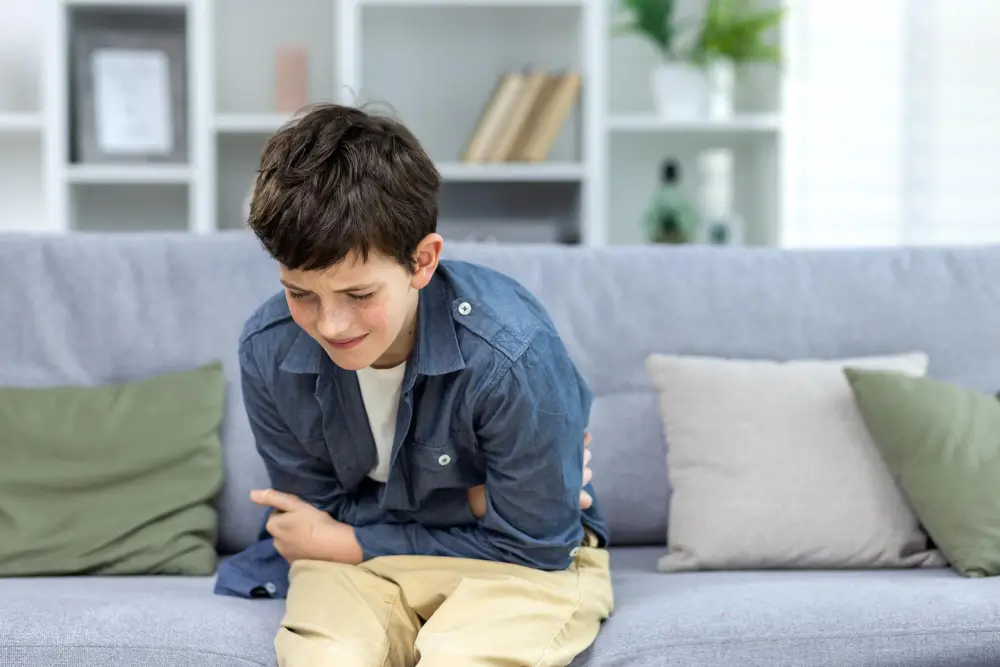Hernias are a relatively frequent occurrence among children, yet the term itself can be distressing for parents. A hernia is not always dangerous to a child, though it should never be disregarded. In some cases, a hernia can lead to dire consequences if it does not receive timely and proper treatment. Overall, being aware of hernia symptoms, causes, and treatment options can help guide parents toward better decision-making and the well-being of their child. In this article, we will discuss in detail different aspects related to hernia in children, backed by the best Pediatric Surgeon in Mohali.

What Is a Hernia?
A hernia occurs when an internal part of the body, often a piece of intestine, bulges through a weak point in the muscles or surrounding tissue. In children, the most common types of hernias are:
- Inguinal Hernia: Present in the groin region, more often found in boys than girls.
- Umbilical Hernia: Close to the belly button, often occurring in infants.
- Hiatal Hernia: When a portion of the stomach pushes into the chest cavity through the diaphragm (less often seen in children).
Congenital hernias are by far the most common, indicating they are caused by weakness in the muscle wall present at birth.
Is A Hernia Dangerous To a Child?
Oftentimes, hernias appear benign – they are merely small bulges just outside of the groin or belly button area that appear during crying or straining and disappear once the child is at rest. The seriousness, however, is dependent on whether the hernia is reducible or not. A reducible hernia is one that you can gently push back into the body. A reducible hernia is typically not an emergency, but it is recommended to get surgical intervention to avoid complications. An incarcerated hernia is one that cannot be pushed back in. As per the best Pediatric Surgeon in Chandigarh, an incarcerated hernia can cut off the blood supply to a trapped intestine, which can result in a life-threatening condition called, strangulated hernia. Symptoms of a strangulated hernia include severe pain, vomiting, swelling, fever, and a firm, tender lump. If you notice any of these symptoms, it’s important to seek medical care immediately.
Symptoms to look for:
- Visible bulge near the belly button or groin
- Swelling when crying or while coughing
- Fussiness or pain in infants
- Vomiting or refusing to eat
- Redness or tenderness over the bulge
A hernia will not get better on its own, even if the bulge does not appear painful. So it is imperative that you have your child evaluated.
Surgical intervention is typically the definitive option for treatment of most hernias in children, and surgeries are ordinarily simple, minimally invasive procedures. Pediatric surgeons can usually repair the muscle wall using small incisions and reduce the possibility of herniation. With new advances in surgical interventions, which include techniques such as laparoscopic or robotic-assisted surgery, recovery is very rapid, with minimal incidence of scarring and recurrence of herniation. The majority of children can return to their homes the same day and get back to participating in regular activities within one week.
If you are looking for the best pediatrician hospital in Mohali, or the best pediatrician in Chandigarh, Sohana Hospital might just be the perfect choice! Sohana Hospital Mohali is home to the World’s most advanced technology and North India’s most trusted and experienced Pediatricians and Pediatric Surgeons who provide the most complete and all-around care for your little ones! Book an appointment today!
